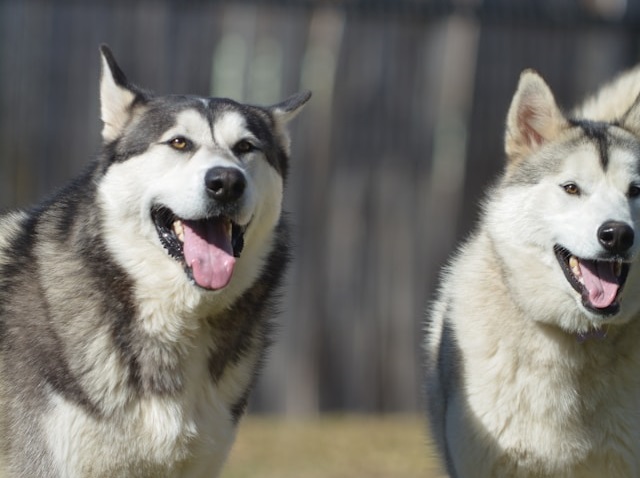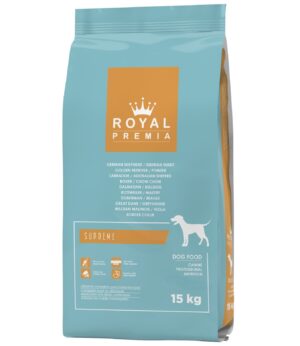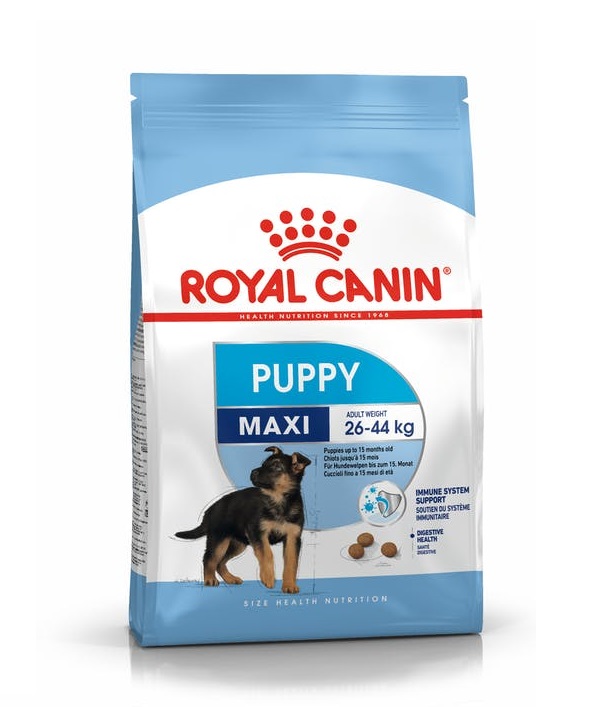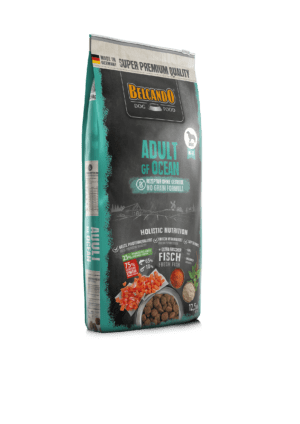Are you the proud owner of a Siberian Husky? These majestic dogs are not only beautiful but also have specific dietary needs to keep them healthy and active. Just like humans, a balanced diet is essential for their overall well-being.
Let’s explore what makes a good diet for your Siberian Husky and some food options to consider.
Understanding Your Siberian Husky’s Nutritional Needs:
Siberian Huskies are known for their high energy levels and athletic build. To sustain their activity levels and maintain a healthy coat, they require a diet rich in protein and healthy fats. Here are some key nutritional needs of Siberian Huskies:
- Protein: Protein is crucial for muscle development and repair. Look for dog foods with real meat as the primary ingredient, such as chicken, beef, or salmon.
- Healthy Fats: Fats provide energy and support skin and coat health. Omega-3 and Omega-6 fatty acids are particularly beneficial for Huskies’ skin and coat.
- Complex Carbohydrates: Carbohydrates provide energy, but it’s important to choose complex carbohydrates like whole grains (rice, oats) over simple carbs to maintain stable energy levels.
- Vitamins and Minerals: A balanced diet should include essential vitamins and minerals like vitamin E, vitamin A, calcium, and phosphorus to support overall health.
Choosing the Right Food for Your Siberian Husky:
When selecting dog food for Siberian Husky, opt for high-quality brands that prioritize real ingredients and avoid fillers and artificial additives. Here are some options to consider:
- Dry Kibble: Look for dry dog foods specifically formulated for active breeds or all life stages. quality options with real meat and balanced nutrition.
- Raw Food Diet: Some owners prefer feeding their Huskies a raw food diet, consisting of raw meat, bones, fruits, and vegetables. However, it’s essential to consult with a veterinarian to ensure the diet meets all nutritional requirements.
- Home-Cooked Meals: If you prefer to prepare meals at home, ensure they include a balance of protein, healthy fats, and carbohydrates. Be cautious of potential nutrient deficiencies and consult with a veterinary nutritionist for guidance.
- Supplements: Depending on your Husky’s individual needs, supplements like fish oil for Omega-3 fatty acids or glucosamine for joint health may be beneficial. Always consult with your veterinarian before introducing supplements.
Feeding Tips for Siberian Huskies:
- Portion Control: Siberian Huskies are prone to overeating, so it’s essential to monitor their portion sizes and adjust according to their activity level and age.
- Regular Exercise: Along with a balanced diet, regular exercise is crucial for maintaining your Husky’s overall health and preventing obesity.
- Hydration: Always provide fresh water for your Husky, especially after exercise or on hot days to prevent dehydration.
In conclusion
Providing your Siberian Husky with a nutritious diet tailored to their needs is key to ensuring a long and healthy life. Whether you choose commercial dog food, a raw diet, or home-cooked meals, prioritize quality ingredients and consult with your veterinarian for personalized recommendations.
With the right diet and care, your Siberian Husky will thrive and continue to bring joy to your life for years to come.










